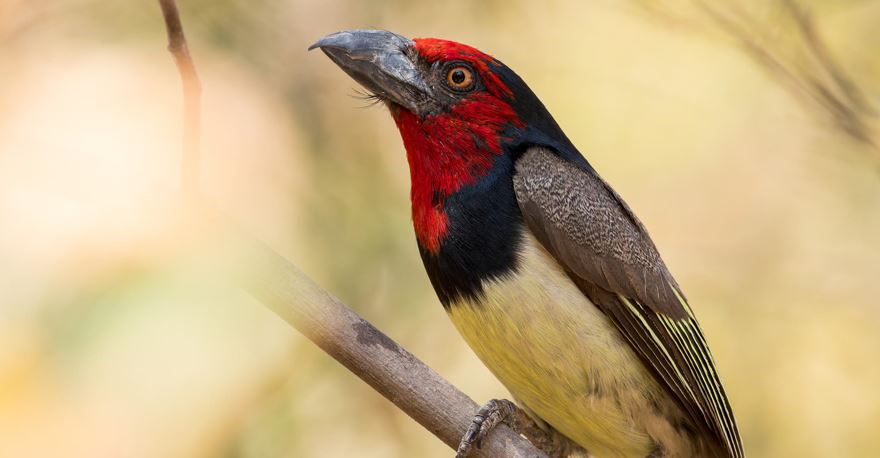News release
From:
Heat extremes linked to major declines in tropical bird populations
Heat extremes attributable to climate change have led to a 25–38% average reduction in monitored tropical bird populations since 1950, according to a study published in Nature Ecology & Evolution. The findings suggest that climate change is already threatening the persistence of bird populations in tropical regions even in the absence of direct human pressures, such as land-use change.
Nearly half of all bird species are found in tropical regions, where biodiversity is high and many species are already living near their temperature tolerance limits. Since the Industrial Revolution, many bird species have declined or disappeared owing to hunting, habitat loss and the spread of invasive species. Although climate change is known to affect birds, including tropical populations that are undisturbed by other human pressures, the cumulative effect of climate extremes — especially heatwaves — remains poorly quantified.
To assess how much of the observed reduction in bird abundance around the world can be attributed to anthropogenic climate change, Maximilian Kotz and colleagues analysed data from long-term monitoring of more than 3,000 bird populations worldwide between 1950 and 2020, resulting in over 90,000 observations. They then used statistical modelling to isolate the effects of climate extremes from other factors. They found that changes in average temperature and precipitation had less importance, but that exposure to extreme heat — defined as days that exceed the 99th percentile of historical temperatures — was strongly associated with reduced annual growth rates in bird abundance, especially in tropical regions. The impacts of heatwaves were robust across different modelling approaches, taxonomic groups and migratory behaviours, and the cumulative impact of human-driven heat intensification was larger than those from direct human pressures in the observed tropical populations.
The findings underscore the growing threat of climate change, with heat extremes having a key role in tropical bird declines and highlight the need for conservation strategies that address both habitat protection and the growing threat of climate extremes. The authors also emphasize the importance of greenhouse gas mitigation to prevent further intensification of these impacts.
Multimedia




 Australia; International; QLD
Australia; International; QLD



